
PUMPA - SMART LEARNING
எங்கள் ஆசிரியர்களுடன் 1-ஆன்-1 ஆலோசனை நேரத்தைப் பெறுங்கள். டாப்பர் ஆவதற்கு நாங்கள் பயிற்சி அளிப்போம்
Book Free DemoIn ancient times, people noticed some natural events that occurred regularly after a definite time interval, such as sunrise and sunset.
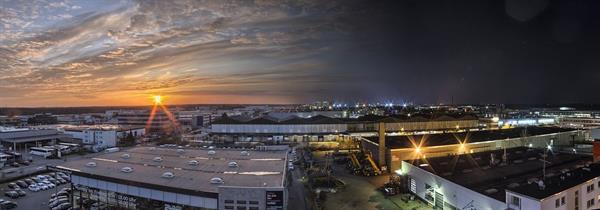
In the olden days, people calculated the time of the day with the help of shadows. They also used different time measuring devices with different designs in various parts of the world. Sundial, sand clock and water clock were the time measuring devices commonly used in the olden days.
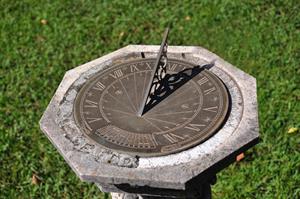
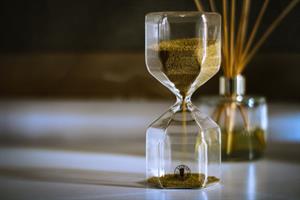
These devices were used before the introduction of clocks.
Clocks
Clocks are used to measure time intervals within a day. Many types of clocks have been used since ancient times. Scientists have improved the clock's mechanism every time to achieve precision.
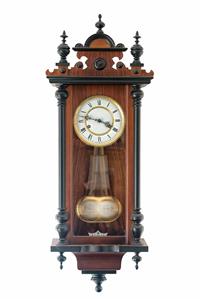
Types of clock
The clocks are mainly categorised depending on
- Display
- Work mechanism
Clocks based on display
There are two types of clocks, namely,
- Analog clocks
- Digital clocks
Analog clocks
An analog clock is a traditional or classical clock. It has three hands for an hour, minute, second to show the time.
- Hours hand is short and thick, which shows the 'hour'.
- Minutes hand is long and thin, which shows the 'minute'.
- Seconds hand is long and very thin, which shows the 'second'. The second hand make one rotation in one minute and 60 rotations in one hour.
Analog clocks can either be operated mechanically or electronically.
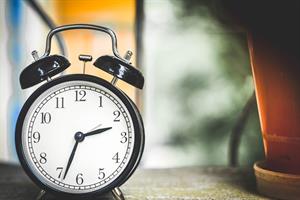
Digital clocks
Digital clocks, also known as electronic clocks, shows the time directly. It displays the time in numerals or symbols. It can also have 12 hours or 24 hours display screen.
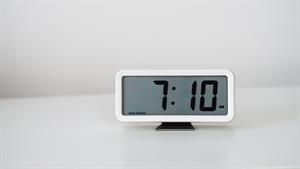
Nowadays, digital clocks are showing date, day, month, year, temperature, etc. Hence, they are used in railway stations, airports, hotels, banks, etc.
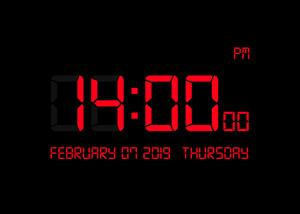
Reference:
https://upload.wikimedia.org/wikipedia/commons/d/db/Digital_clock_14.00_PM.jpg